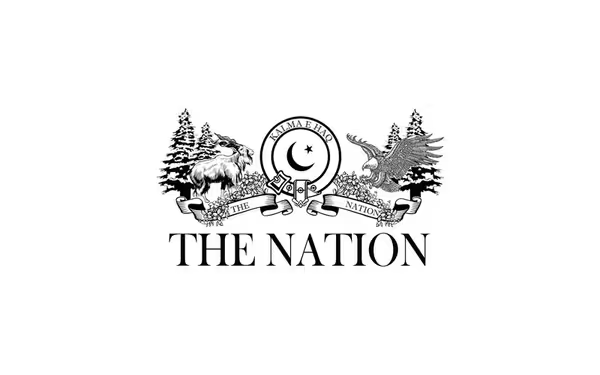Friday, November 8, 2024 10:38 AM
Collective Action Against Corruption Urged in Kohat Seminar
- Self-accountability is crucial to combat corruption.
- Education must instill values against corruption.
- A united front is essential for a corruption-free society.
 Image Credits: nation_pk
Image Credits: nation_pkA seminar in Kohat emphasizes the need for collective action and self-accountability to eliminate corruption from society.
Kohat - In a country where corruption has become a significant hurdle to progress, the call for collective action against this menace is more crucial than ever. The recent seminar on "Good Governance and Improvement in Public Service Delivery" held in Kohat highlighted the urgent need for self-accountability among citizens. Organized by NAB Khyber Pakhtunkhwa and the District Administration Kohat, the event brought together various stakeholders, including government officials, educators, and students, to discuss strategies for combating corruption.
Commissioner Kohat Division, Syed Motasim Billah Shah, who served as the chief guest, emphasized that the journey towards a prosperous nation begins with each individual taking responsibility for their actions. He pointed out that education should not merely focus on obtaining certificates or positions but should instill values that reject corruption. This sentiment was echoed by Deputy Commissioner Kohat, Abdul Akram, who called for a "Jihad against corruption" starting from classrooms, highlighting the pivotal role teachers play in shaping the moral compass of future generations.
The seminar featured insightful speeches from various dignitaries, including Director NAB Khyber Pakhtunkhwa, Akhtar Ali, and Professor Dr. Kaleemullah from KUST. They all stressed the importance of good governance and shared valuable suggestions on how to tackle corruption effectively. Students from both government and private schools also participated, delivering speeches that underscored the dangers of corruption and the need for a united front against it.
Commissioner Shah lamented the tragic reality that individuals waste a significant portion of their time—approximately 8,000 hours out of 8,760 in a year—engaging in unproductive activities. He argued that this lack of focus contributes to the persistence of corruption in society. He concluded his address by stating that civilized societies and their constitutions do not tolerate corruption, urging the nation to decisively reject it to earn a respectable position among the global community.
The fight against corruption is not just the responsibility of institutions or government bodies; it requires a collective effort from every citizen. By embracing self-accountability and fostering a culture of integrity, Pakistan can pave the way for a brighter future. The insights shared during the seminar serve as a reminder that change begins at the grassroots level, and it is imperative for everyone to play their part in building a corruption-free society.













